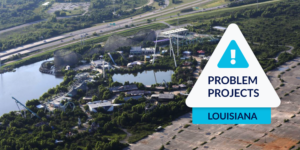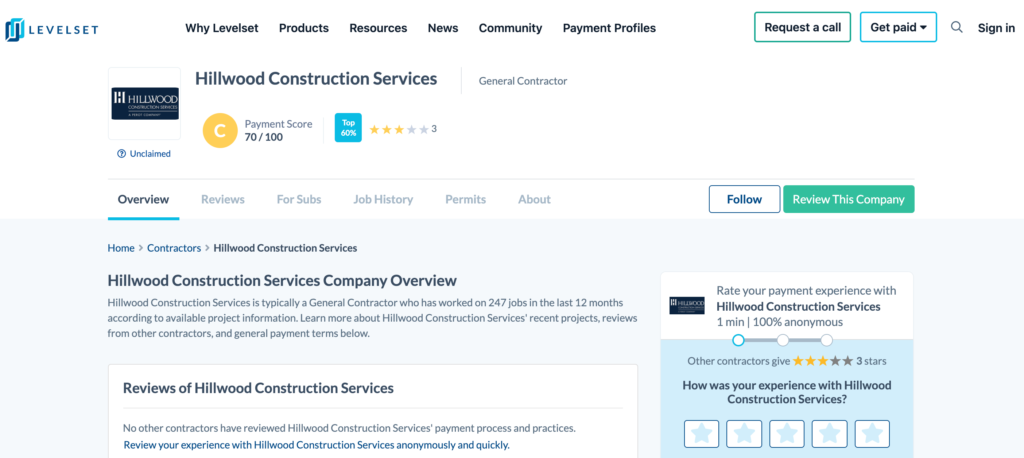
After sitting abandoned for 16 years after seven feet of floodwater from Hurricane Katrina left the park irreparably damaged, a New Orleans Six Flags theme park site finally has plans for redevelopment.
The City of New Orleans has chosen developer Bayou Phoenix to revitalize the 227-acre plot of land left vacant for almost two decades.
Originally opened as Jazzland in 2000, the site was bought by Six Flags, Inc. in 2003. Forced to shut in 2005 after Hurricane Katrina devastated the region, the theme park never reopened due to extensive flooding damage. The site’s future remained unclear for the next 15 years.
In December of 2020, the City of New Orleans made it clear that the site’s redevelopment would be prioritized by issuing a request for qualification to select a master developer. Several developers bid on the project, including S.H.I.E.L.D 1, a group backed by ex-New Orleans Saints quarterback Drew Brees.
Ultimately, Bayou Phoenix’s proposal was selected. Bayou Phoenix, a partnership of New Orleans contractors Henry Consulting and TKTMJ, Inc. with global master developer Hillwood, acquired a total of nearly 300 acres with plans to revitalize the space with a sweeping two-phase proposal.
Currently included in Bayou Phoenix’s plan for the site are a STEM center, sports complex, water park and hotel, logistics hub, travel center, and the redevelopment of a golf course and country club. The developer group also originally planned to purchase an additional 172 acres of adjacent property to build a retail hub and amusement park in phase two.
The development project is projected to generate $606 million in total benefits — with $356 million staying in the local community — and impact more than 6,600 jobs.
Residents of New Orleans East are hopeful the site’s development will continue without further delay, but the property’s long-standing dormancy has left some skeptical of a quick turnaround.
Despite withdrawing from the initial proposal, the Drew Brees-backed S.H.I.E.L.D 1 still plans to purchase the 172 acres adjacent to the Six Flags site for the development of an agriculture innovation hub. As a result, Bayou Phoenix has had to scrap its phase two plans for a retail hub and amusement park which would have been built on the adjacent property.
The revision was met with some backlash, with one New Orleans East resident accusing Bayou Phoenix on social media of already “walking back” some of their promises to the community.
It’s also not clear how much the project is expected to cost. Bayou Phoenix’s funding is largely being sourced by its member Hillwood’s access to private financing, but the details of this have not yet emerged.
Hillwood’s reputable track record of public-private partnerships suggests the developer has the experience and financial strength to see a project like this through, but some subcontractors may still have concerns.

Numerous contractors reported experiencing slow payments with Hillwood, resulting in the developer scoring just 70 out of 100 on Levelset’s payment rating.
Should payment delays and cash flow problems become issues on this project, further delays may be likely for the long-stagnant Six Flags site.
Assuming there are no further snags, initial site preparation is expected to begin within four months of Bayou Phoenix’s selection.